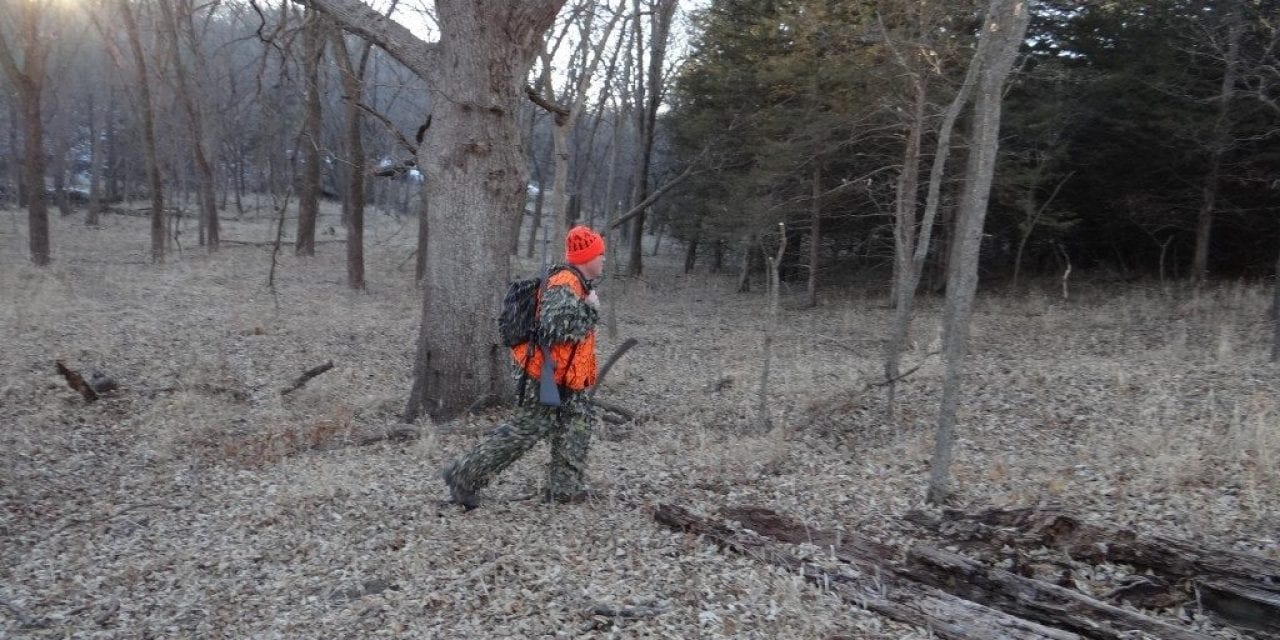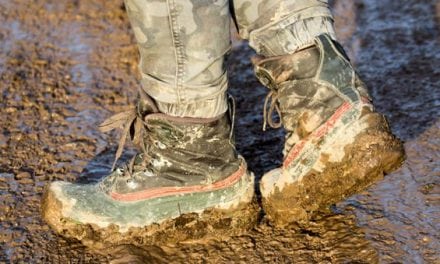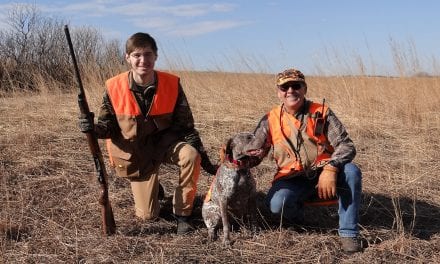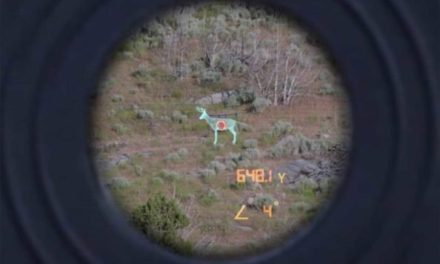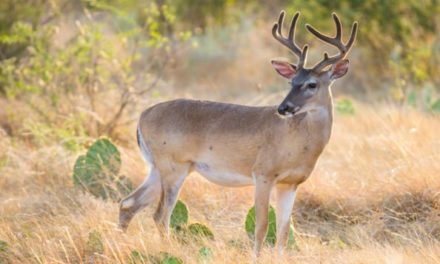You just read the title of this blog and I know what you’re thinking (or voicing aloud): “Come on, Greg, really? Hunters need to be physically fit? After all, we are driving ATVs to our hunting spots and mainly just sitting in blinds and boats, right?”
Au contraire.
What if you wind up in a predicament? What if your ATV breaks down, you must pursue a wounded animal or drag a deer out yourself?
Physically, hunters need to be prepared not only for the unexpected but for the expected, as well.
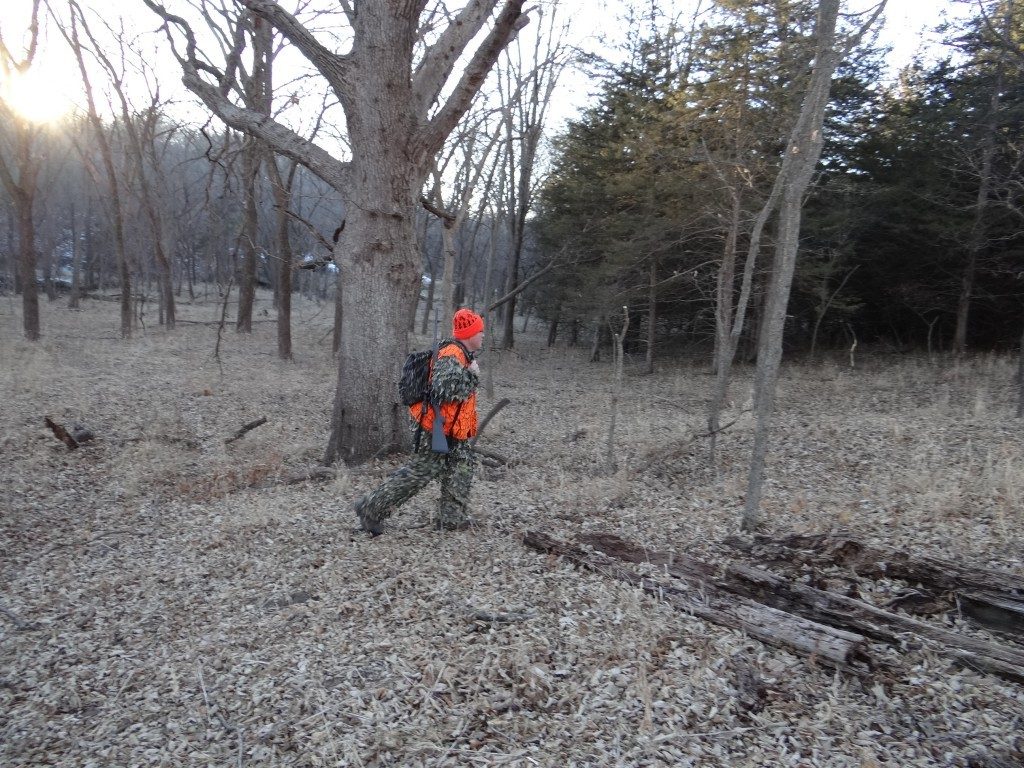
As hunters, we battle the wind, rain, snow, sleet, ice, heat and humidity. We wade against the currents of rivers and wetlands, the tall grass of agricultural conservation fields and the under brush of woodlands.
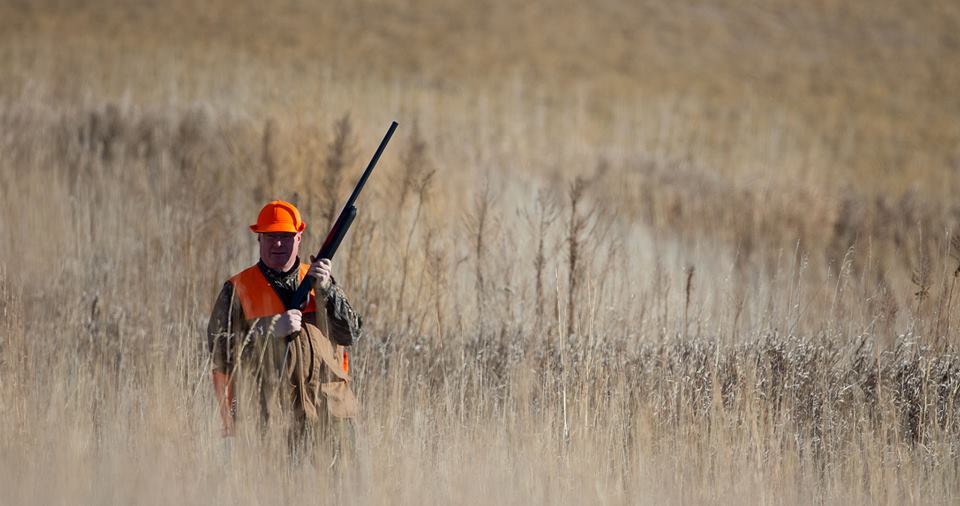
We experience the rush of adrenaline as our targeted game species come to within shooting range.
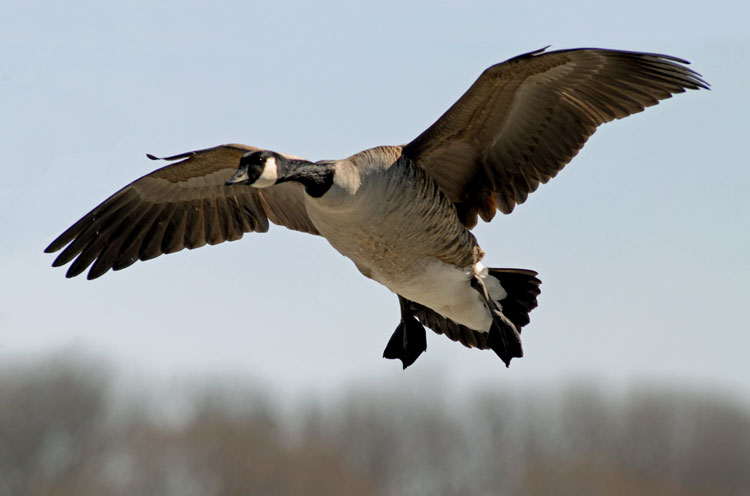
We all have to walk a ways typically wearing multiple layers of clothing while carrying heavy gear, especially in the winter.
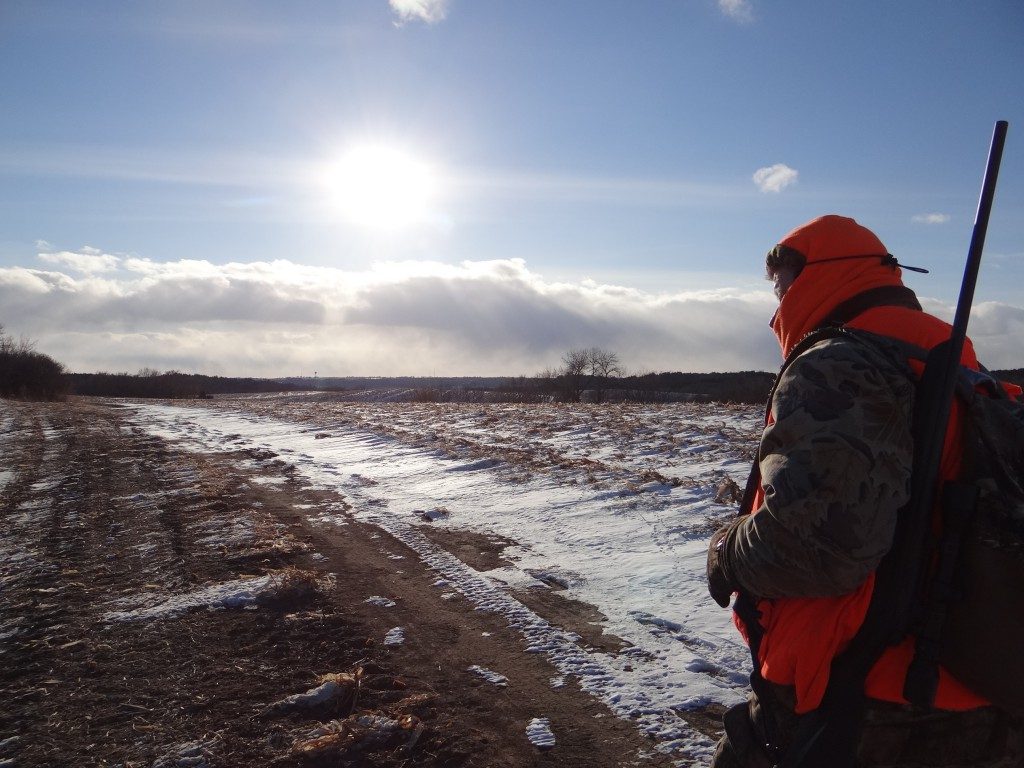
We have to climb, lean, bend over, lie prone, squat, kneel, sit, stand, crawl and pull on heavy equipment and harvested animals.
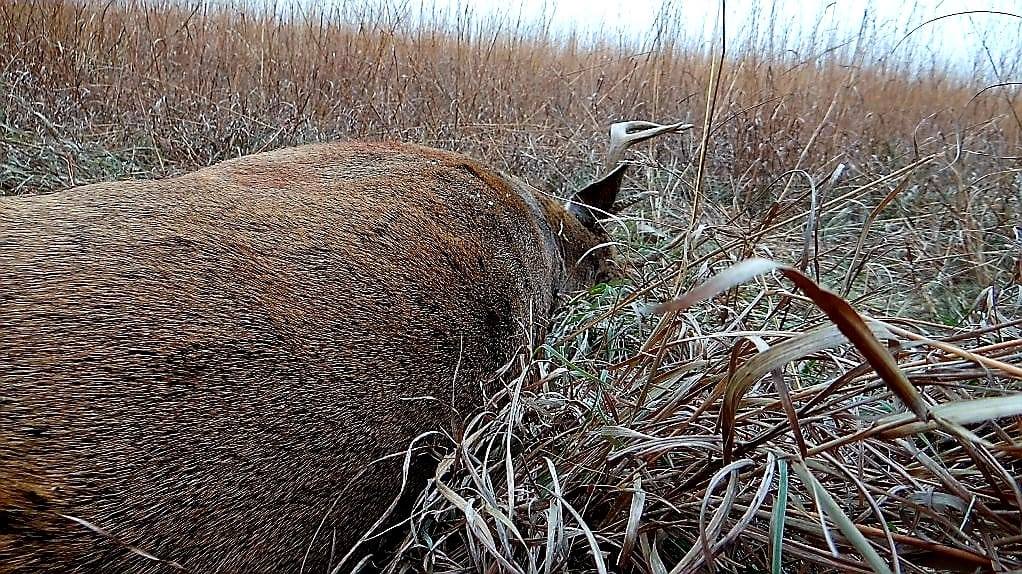
Seriously, none of us wants to collapse from a heart attack in the field, but every year it happens. A landmark study by Slippery Rock University indicated that hunters are more apt to die in the woods from a heart attack than from stray rifle bullets or shotgun pellets or even from falling out of a tree stand.
The effort required to hike through rugged terrain, climb into a tree stand, experience the adrenaline rush of shooting a deer, and deal with cold weather all plays a role in stressing the body, however, the Slippery Rock University study found the biggest danger to hunters was the exertion required to drag a deer out of the woods.
The study had participants on a simulated hunt drag a 123-pound fake deer a quarter of a mile while wearing heart-rate monitors. The heart rates of the hunters spiked to over 85 percent of their max – which is considered high-intensity exercise – in just over 2½ minutes!
This action put a massive strain on the heart – taking it very quickly to near-maximum levels. It’s like going from 0 to almost 100% capacity in a very short period of time.
What is the takeaway message from the study? If you’re a hunter, you must make time to get your heart ready for the season because the increased activity could put you at risk.
You see what I mean.
I know that hunting may not have the consistent cardiovascular intensity of something like long-distance running, soccer or hockey, but it is hardly less tiring.
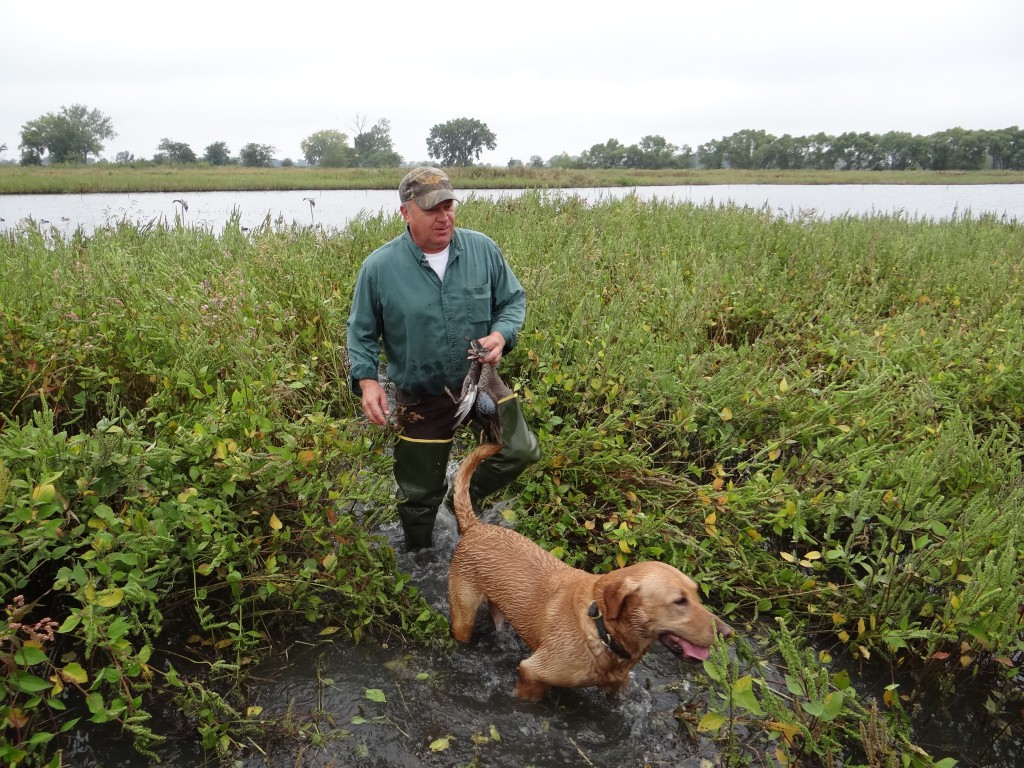
When we hunters take to the woods and waters on many weekends throughout the fall and winter months in order to experience life in its most exciting and primitive form, it does mean a workout. It does mean intense physical exertion! So, it only makes sense that those of us who hunt need to be taking care of our bodies with diet, stretching, exercise and good sleep.
There are other reasons for hunters be fit, too. Let’s look at those.
Overall Health Benefits
According to physicians at the Mayo Clinic, regular exercise can help you control your weight, reduce your risk of heart disease, bolster your immune system and strengthen your bones and muscles. But if it’s been awhile since you’ve exercised and you have health issues or concerns, they emphasize talking to your doctor before starting a new exercise or wellness program. Most likely, an examination and some testing will be required.
Getting the Keys to Wellness
Getting the keys to a successful wellness plan is major benefit to your entire lifestyle and could end up prolonging or saving your life! Consistently follow an exercise routine and mix in a healthy diet, little motivation and a lot of commitment. The toughest part is just getting started. Coming up with a productive, well-rounded workout routine can be overwhelming. Should you lift weights, do crossfit or aerobics, jog, bike, hike or swim? Should you be in a yoga or pilates class? There is no right or wrong answer because everyone is different, and most important, anything is better than nothing. Remember to start slowly and then gradually increase your workouts.
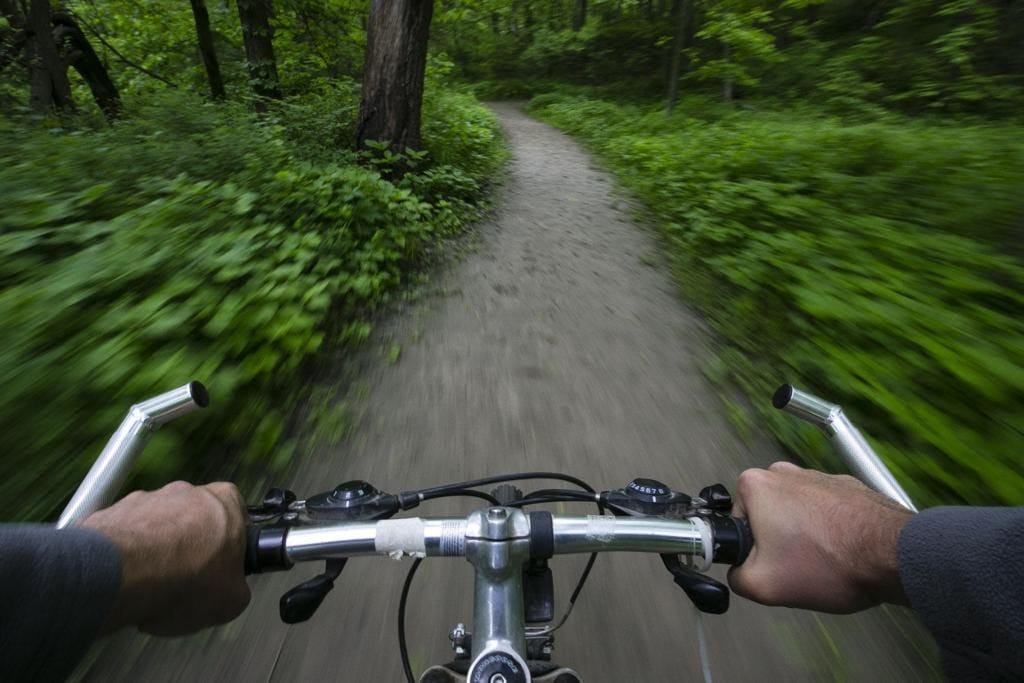
The Safety Factor
Hunters who lack a certain level of physical fitness are putting themselves and even others at risk every time they go hunting. The simple fact that hunting involves firearms, bows and sharp knives, rural or remote areas, and changeable weather, guarantees a level of innate risk. Add poor physical fitness into the mix and you have a potential recipe for a disaster!
Go Further
It stands to reason that being in good physical condition will get you further in distance when hunting. By being able to walk more and cover rougher terrain without rest breaks, you increase your odds for success. Covering more territory inevitably leads to more opportunities.
Build Balance and Stability
The stronger your muscles, the sturdier they are and the better balance they provide when under stress. If you’ve ever walked through the dark woods with a tree stand on your back with a bow and pack in your hands, you know how having strength, stamina and balance are all necessary in the field.
Retain More Muscle
Research conducted by the Mayo Clinic indicates that adults lose between five and seven pounds of muscle every decade after age 20. Exercise helps prevent this loss of muscle and strength, and assists in rebuilding what you may have lost.
Lose Weight
A regular exercise routine increases your metabolic rate causing your body to burn more calories throughout the day and enabling you to lose weight more effectively. Weight loss gives you more energy and lets you move more efficiently and quietly by not having to breath as hard.
Reduce, Help Eliminate Low Back Pain
Lugging bags of Canada goose decoys across a muddy field or carrying duck decoys while trudging through a marsh are not the most “back-friendly” outdoor activities. A consistent exercise program coupled with a basic stretching regimen will certainly help your back handle those stresses and recover from them more quickly, with less or no pain.
Improve Flexibility
Better flexibility through stretching improves your performance in any physical activities and decreases your risk of injuries by helping your joints move through their full range of motion. Stretching not only lets your muscles work to their maximum extension but also increases overall blood flow.
Eat Better, Get More Energy
Proper nutrition and the timing of what you eat can do wonders to make you feel alert and powerful. Nutrition essentials come down to monitoring quantities and eating a variety of wholesome foods that support your health. Want to go beyond the basics? Visit with your doctor or a dietitian for personalized dietary advice that takes into account your health status, lifestyle, and food likes and dislikes. Wild game meat should be included in a dietary plan as it is lean protein with low fat content.
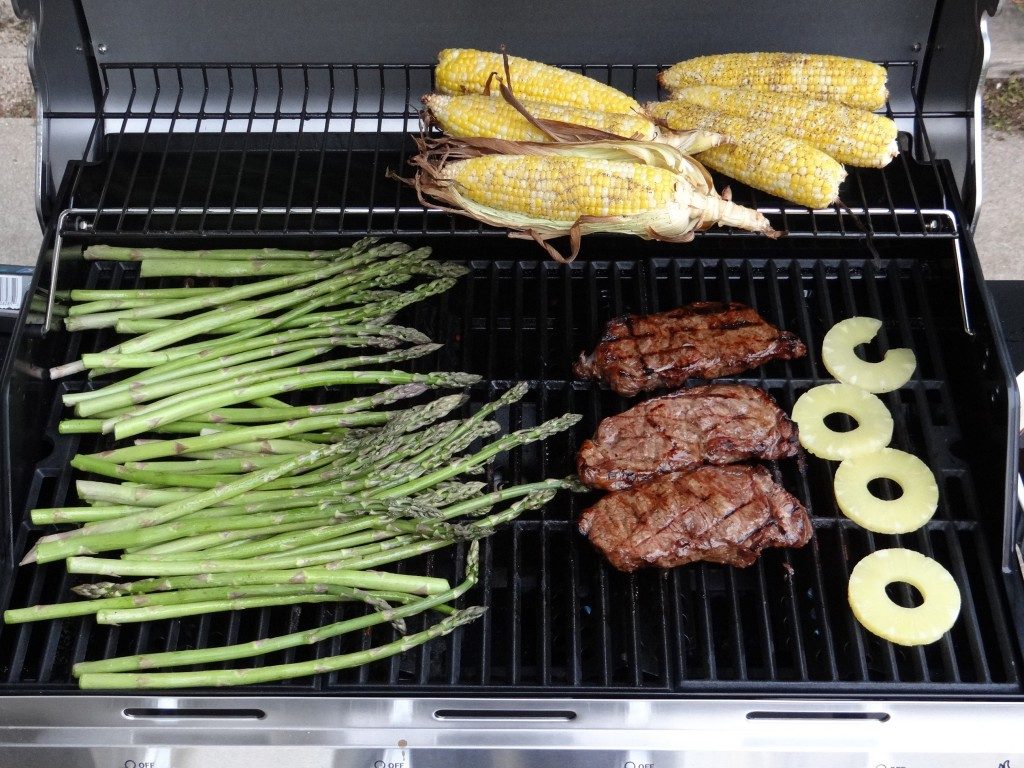
Exercise for Good Sleep
Exercise may be the best prescription for good sleep. Scientists at Northwestern University say sleep problems affect millions of adults, who could likely improve their quality of sleep, vitality, and mood with frequent exercise. Their research indicated that cardio workouts especially helped adults to get their optimal seven and nine hours of sleep each night.
Being fit is a way to greatly improve yourself as a hunter, but it will certainly benefit all aspects of your life!
If you hunt, ask yourself: How fit am I?
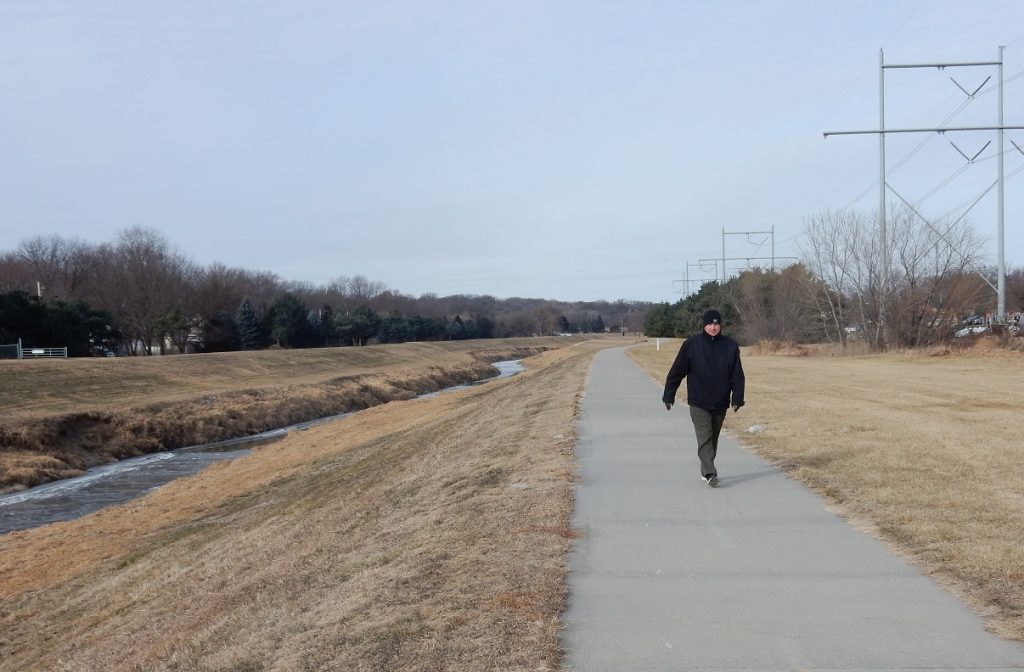
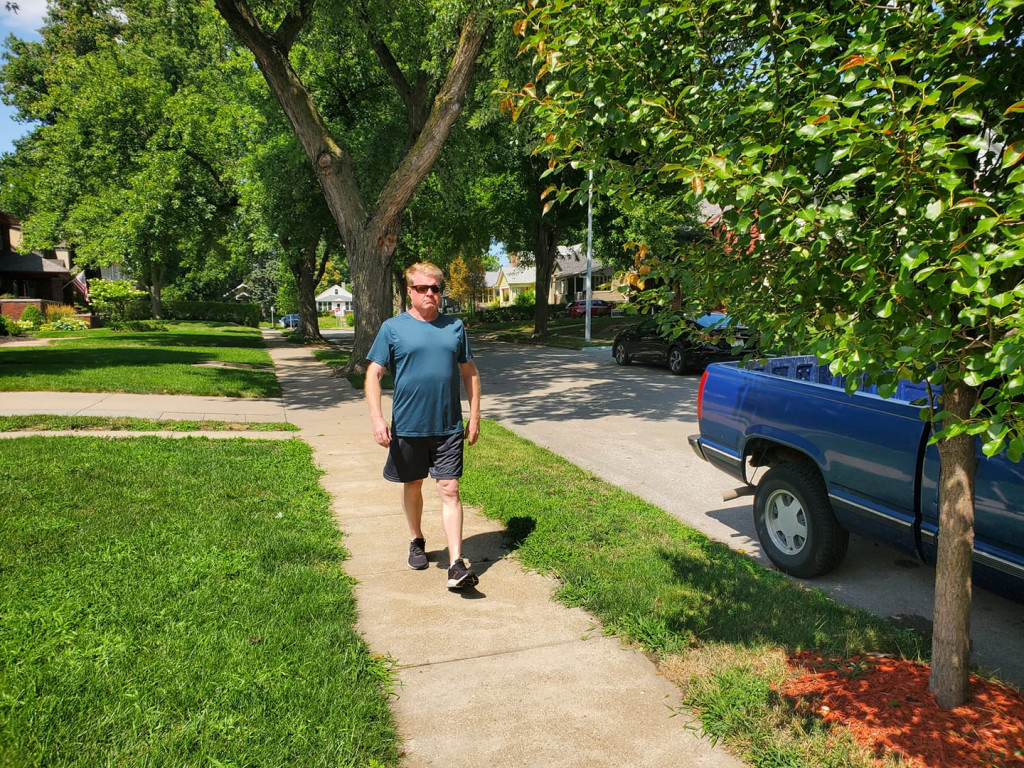
Hunting During the COVID-19 Outbreak
- If you choose to hunt during the pandemic it is essential that you follow local, regional or state health restrictions and CDC health guidelines.
- Purchase your hunting permits online at OutdoorNebraska.gov instead of in-person.
- Hunt alone or with family members in your household or with those that are isolating.
- Do not hunt if you feel sick or think you might be sick.
- Stay at home when you are sick, except to get medical care.
- Wash your hands regularly with soap and water for 20 seconds or using alcohol-based sanitizer even while afield or afloat.
- Do not share equipment with anyone, and wash or properly disinfect your equipment when you’re done.
- Stay at least 6 feet away from other hunters you encounter. If access points or other places have a lot of other hunters present, avoid them.
- Carry a face mask for possible use.
- Try to hunt near home as much as possible and don’t travel long distances.
- For additional COVID-19 health information and updates, go online to OutdoorNebraska.gov
The post Get Fit For Hunting; Your Life May Depend On It! appeared first on Nebraskaland Magazine.

